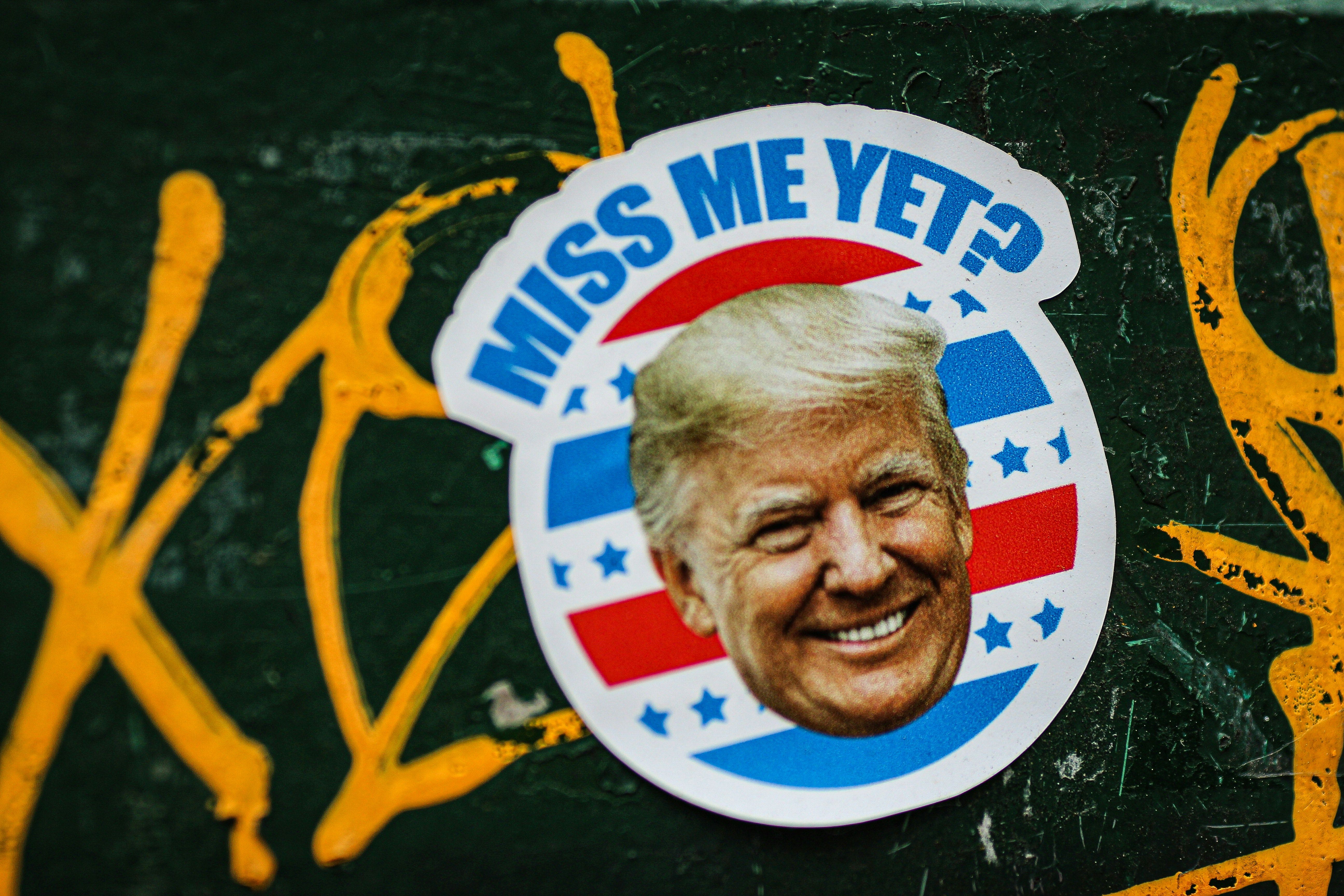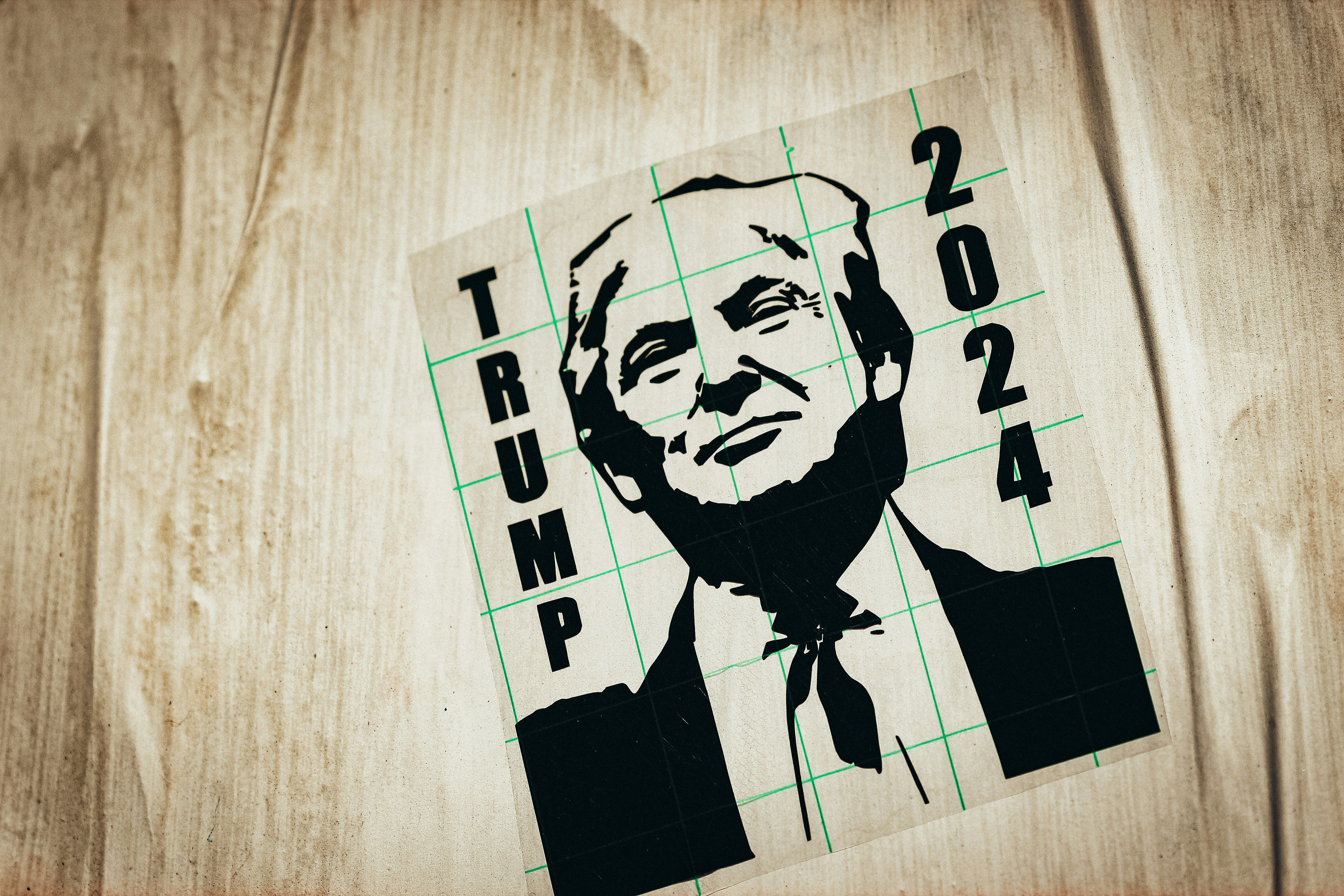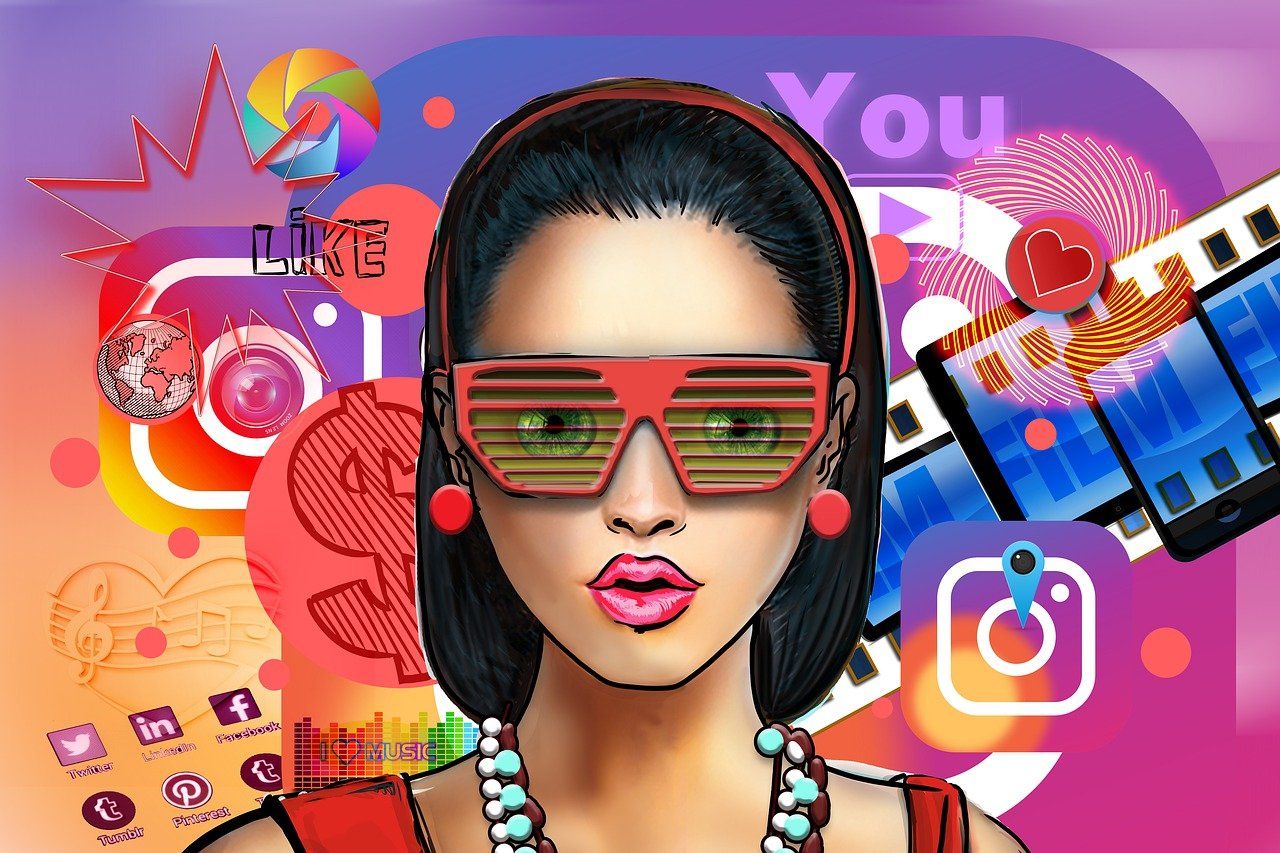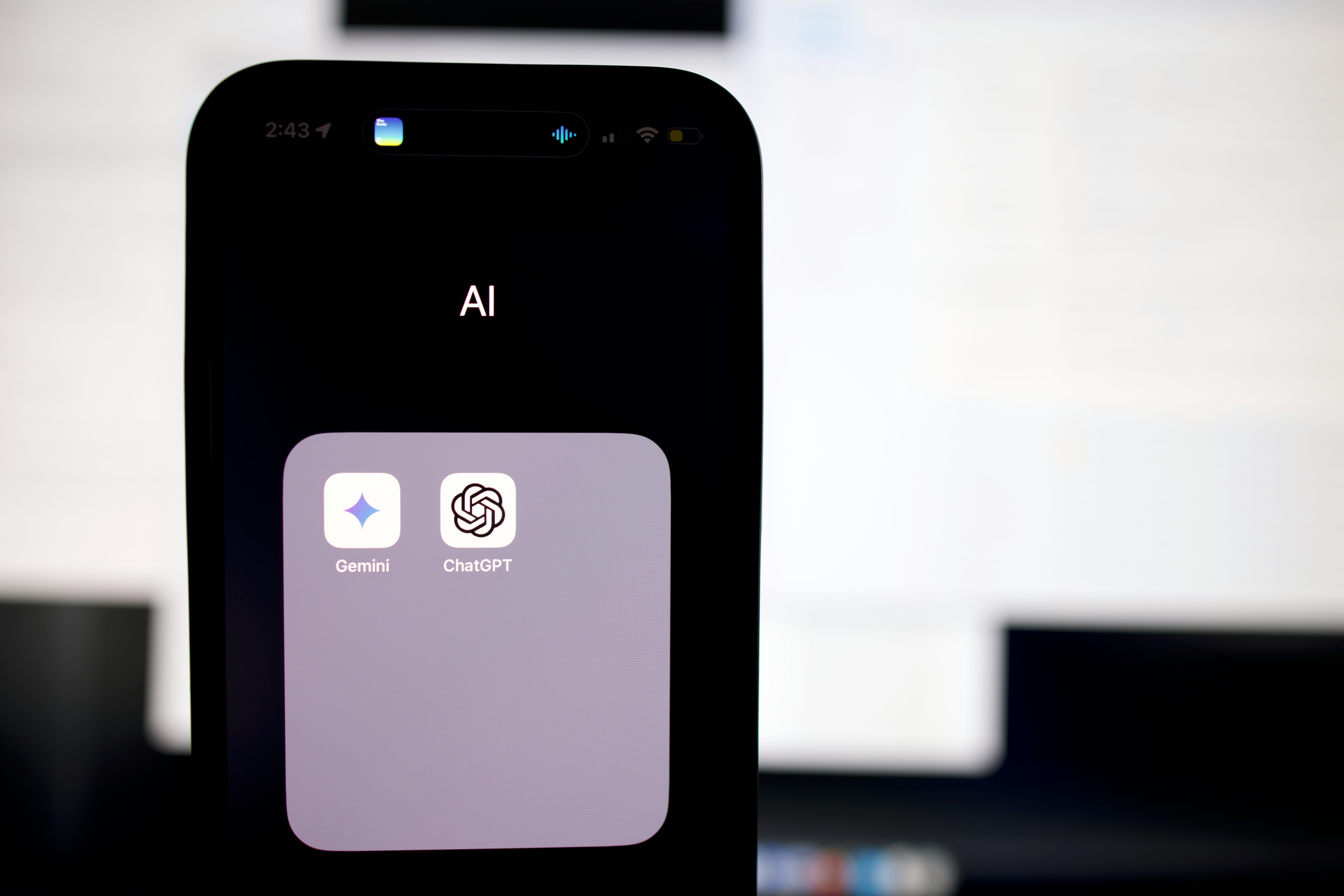In our rapidly digitalizing world, political campaigns are not just about rallies, speeches, and handshakes anymore. They've morphed into sophisticated digital battles where technology like AI plays a leading role. Among its arsenal? AI-generated photos.
At its core, AI-generated photos are images created by computer algorithms that can simulate reality to a tee or fabricate faces that don’t exist in the real world. These aren't your run-of-the-mill Photoshop jobs but sophisticated imagery, so lifelike that distinguishing them from real snapshots requires a keen eye. This technology leverages vast databases of images to create new ones, learning from patterns and styles to generate visuals that can be uncannily realistic.
Imagine a world where you can tailor campaign imagery to resonate perfectly with every subsection of your demographic without organizing a single photoshoot. That's the power AI-generated photos hand to political strategists. From creating diverse crowd scenes to personalized messages with seemingly authentic human touches, these images are a game-changer. They can make campaigns appear more inclusive, diverse, and connected to communities, all without the candidate stepping foot outside their door. But with great power comes great responsibility, or, in some cases, great scrutiny.
Trump's Strategy to Woo Black Voters

In a bid to broaden his appeal and challenge the monolithic perception of voter bases, Trump's campaign has taken a technologically forward approach that's raised both eyebrows and questions.
Donald Trump’s team, in an effort to woo black voters, has employed AI-generated photos as part of their digital campaign strategy. It's an odd move that seeks to showcase diversity and inclusion within the campaign's messaging. By using AI to create images, the campaign can present imagined scenarios where Trump's policies have positively impacted the black community, or simply to inflate the appearance of black support at rallies and events.
The impact of utilizing AI-generated images is twofold. On one hand, it presents a futuristic, tech-savvy front that appeals to a digitally native electorate. It allows the campaign to tailor messages in a manner previously unthinkable, potentially enhancing relatability and engagement. On the other hand, it treads a fine line between innovative campaigning and misleading representation. The authenticity of a campaign's imagery is crucial; by fabricating support, there's a risk of eroding trust among not just targeted voters, but the wider electorate.
The black voter community’s response has been mixed, oscillating between intrigue and skepticism. Some see it as a creative use of technology — an acknowledgement that different communities consume media in varied ways and a sign that the campaign is thinking outside traditional advertising boxes. Others, however, view it as a shallow attempt to curry favor, a digital sleight of hand that glosses over substantive policy engagement or genuine outreach efforts. The underlying question many are asking is simple: does the use of AI-generated photos reflect a genuine commitment to diversity, or is it merely a cosmetic fix, a virtual Band-Aid on deeper issues of representation and inclusivity?
In the realm of politics, where perception often trumps reality, the use of AI-generated photos is a double-edged sword. While it boasts the ability to craft seemingly perfect narratives, the essence of truthfulness in campaign representation remains paramount. As technology continues to evolve, so too will the strategies of political campaigns, forever balancing on the fine line between innovation and integrity. In this digital age, it appears that seeing is no longer believing — or at least, not without a healthy dose of skepticism.
Ethical Concerns Surrounding AI-Generated Photos in Political Campaigns

With the expanding role of artificial intelligence in political campaigning, a new ethical frontier emerges.
At the heart of this ethical quagmire is the use of AI-generated photos to woo specific demographics, such as black voters in Trump's campaign. While technology often outpaces regulation, the implications of these advancements are far-reaching and merit a closer look.
First and foremost, AI's role in creating hyper-realistic photos blurs the line between fact and fabrication. When candidates use AI to craft images that never truly happened or to place themselves in contexts that are more appealing to targeted voters, the potential for manipulation is immense. This not only warps public perception but also raises significant concerns about the integrity of the democratic process. The dilemma? Crafting a narrative that might as well be the brainchild of a sci-fi writer, convincing the public of alternative realities that never were.
The use of AI-generated content often flies under the radar, slipping unnoticed into the ecosystem of campaign materials. This clandestine approach raises questions about the transparency of candidates and their operations. Voters might unknowingly digest and share these fabrications, unaware of their artificial origins, which undermines the democratic process. As campaigns become more sophisticated, discerning the line between genuine and generated becomes not just a challenge, but a full-blown scavenger hunt without clues.
Perhaps the most concerning issue is the influencer-role AI-generated images could play in swaying election outcomes. Imagine an election where the candidate who never visited the distressed communities suddenly has a plethora of images showing their deep involvement and concern. These manufactured moments could unjustly tilt the scales, manipulating voter perception and potentially altering the course of democracy. It's a scenario that could make George Orwell nod solemnly, recognizing the eerie echoes of '1984' realities in our present day.
AI Technology in Political Campaigning

As we gaze into the crystal ball of future elections, AI's role looms large and ambivalent.
he potential is boundless, both for innovation and for controversy. Navigating this future will require a balanced approach, weighing the merits of technological advancement against the integrity of electoral processes.
On the horizon, AI technologies promise to revolutionize campaign strategies. From hyper-targeted messaging to deepfake videos that can mimic candidates with frightening accuracy, the toolkit is expanding. These technologies can customize campaign messages to resonate deeply with individual voters, making campaigns more efficient and potentially more engaging. However, they also open the door to new forms of deception, requiring a vigilant and informed electorate.
The double-edged sword of AI-generated photos lies in their potential to connect and to deceive. On one hand, they could enable candidates to visually communicate their policies and empathy across diverse demographics, breaking down barriers of distance and mistrust. On the other, the fabrication of experiences and realities poses a significant risk to trust in the political process. The balance between effective campaigning and ethical integrity will be a tightrope walk in the digital age.
Facing the AI frontier, regulation and oversight become the guardians of democracy. It is imperative for lawmakers and electoral authorities to stay ahead of the curve, crafting guidelines that ensure transparency and accountability in the use of AI within campaigns. Proactive measures, such as the mandatory disclosure of AI-generated materials and the establishment of standards for authenticity, could safeguard the electoral process. However, the speed of technological innovation requires a dynamic and responsive regulatory framework, one that can adapt as quickly as the technologies it seeks to govern.
As we forge ahead, the intertwining paths of AI and political campaigning will no doubt challenge our notions of authenticity, transparency, and democracy itself. The road is fraught with ethical quandaries, but also brimming with potential—if navigated wisely.





